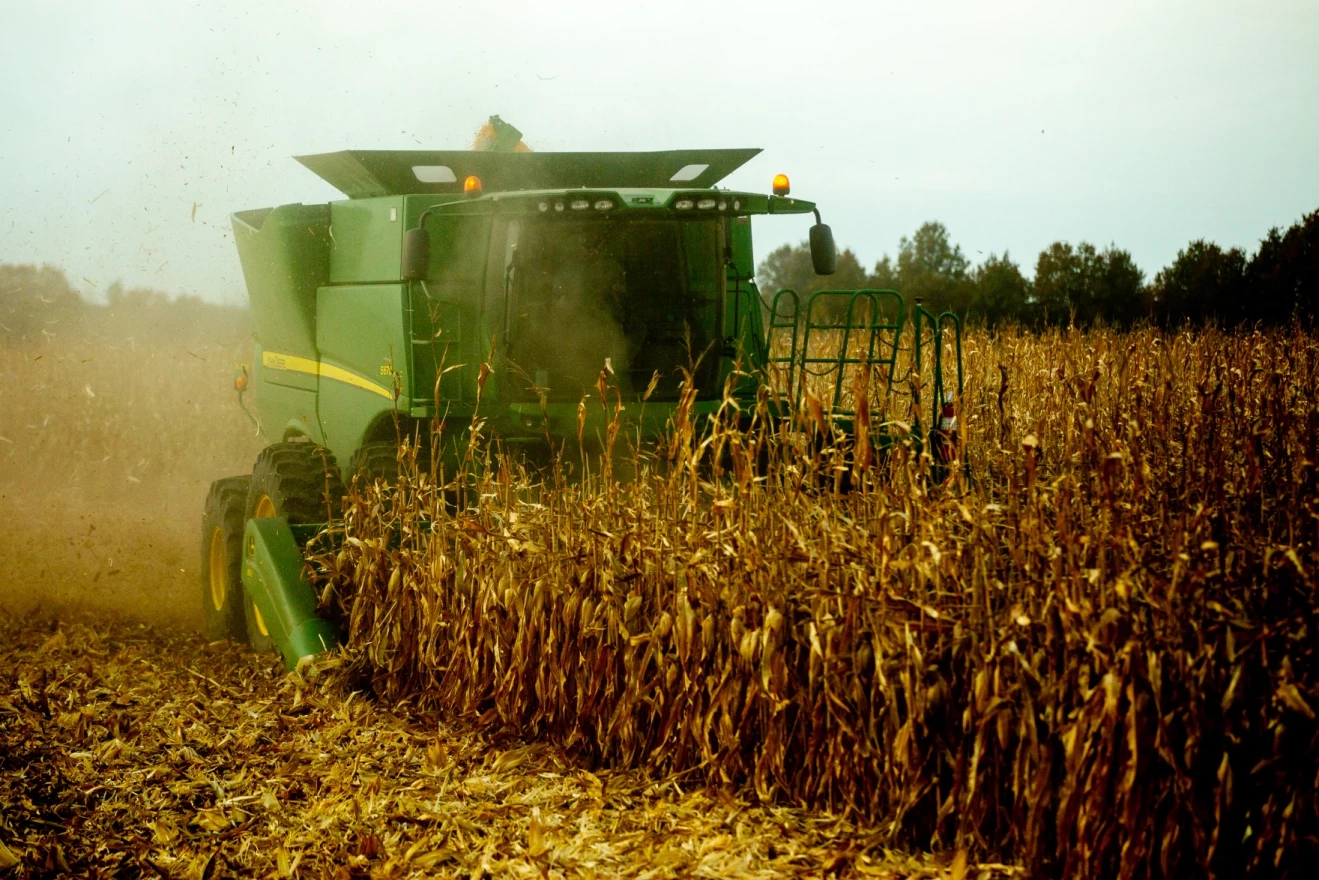2023 is going to be a tougher year for farmers in Missouri and Illinois.
The consensus of agricultural economists is that crop prices, especially corn, soybeans and cotton, will go down this year.
The cost of farming, namely seeds, fertilizer and fuel, may also be lower, but not by nearly as much.
“I think where we're at today, a lot of producers will say it's OK. It wasn't as good as it was a year ago," said Scott Brown, director of the University of Missouri’s Rural and Farm Finance Policy Analysis Center and Farm Journal. “I think the expectation of more pressure ahead financially is maybe what's in the windshield right now.”
Brown is the author of the Monthly Monitor, the university’s new report that surveys economists nationwide on their projections of agricultural trends.
2022 saw a record $180 billion in farm income. But that number didn’t translate into record profits, as inflation drove up farmers' costs.
There is slightly better news for ranchers, as extremely dry weather has hurt cattle production. That, combined with increased consumer demand for beef, has economists predicting higher prices.
But livestock producers are also seeing increased pressure on their costs to raise animals.
“Here's where the input side is tougher for especially beef cows, in particular, because hay is in such short supply, we're paying record prices in many cases for hay,” Brown said.
The outlook for consumers is higher prices at the grocery store and in restaurants, but not quite as bad as the increases seen last year.
U.S. consumer food prices increased by 9.9% in 2022, the highest rate in decades, according to Pat Westhoff, director of the Food and Agricultural Policy Research Institute at the University of Missouri.
“Year-over-year increases in food prices have slowed dramatically in recent months, and the annual average increase in the food consumer price index is projected to be 5.9% in 2023 and 2.5% in 2024,” Westhoff said in his updated outlook for next year.
The change in outlook for the agriculture sector comes as Congress is expected to miss its deadline to renew the farm bill, the sprawling legislation that covers SNAP food assistance benefits, crop insurance programs and overall agricultural policy.
Analysts predict Congress will likely extend the current version for at least a year, and changes in the economic outlook could affect the final version.
“More financial pressure in farm country matters in what the next farm bill should look like,” Brown said. “If these commodity prices continue to fall, it does provide a little bit of impetus to try and get the next farm bill done.”
Copyright 2023 St. Louis Public Radio. To see more, visit St. Louis Public Radio. 9(MDA3OTgyNDI4MDEzMTM0MjQzMTZlNDI0Mg004))

